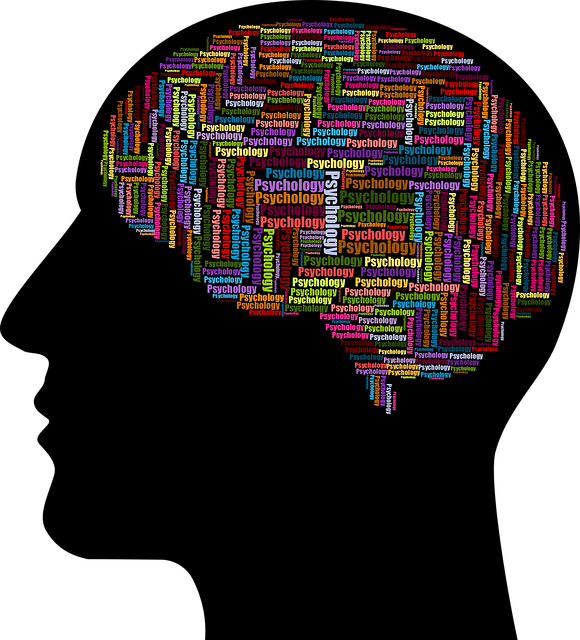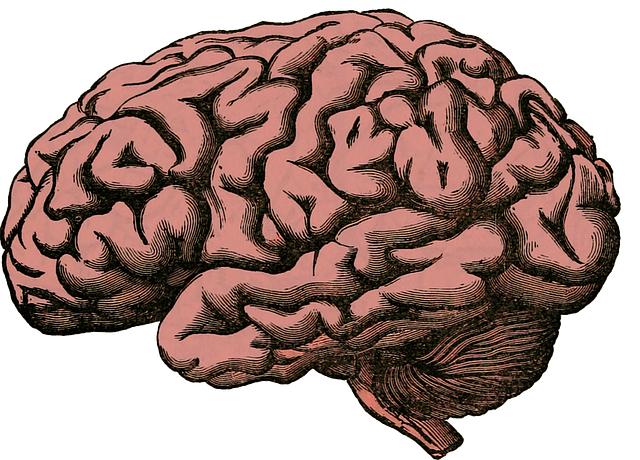Littleton ADD-ADHD Therapy is revolutionizing community care through targeted outreach, addressing diverse needs like youth confidence, senior stress, and mental health challenges. Their personalized programs, incorporating trauma support and emotional intelligence, create safe spaces for individuals with ADD/ADHD to develop inner strength. By partnering with local organizations, they expand their reach and co-create holistic initiatives teaching self-awareness and communication skills. Success is measured through comprehensive data analysis, ensuring refined strategies and a culturally sensitive approach to mental healthcare in Littleton.
Community outreach programs play a pivotal role in enhancing access to mental health services, particularly in areas like Littleton where specialized therapy, such as ADD-ADHD treatment, may be needed. This article explores the multifaceted approach to implementing successful community outreach initiatives. From understanding the significance of these programs to identifying target groups and designing engaging strategies, we delve into proven methods for fostering inclusivity. We also emphasize collaboration with local organizations to maximize impact and measure outcomes for continuous improvement in Littleton ADD-ADHD Therapy services.
- Understanding Community Outreach: Why It Matters for Littleton ADD-ADHD Therapy
- Identifying Target Groups and Their Needs in the Community
- Designing Effective Programs: Strategies for Engaging Individuals with ADD/ADHD
- Building Partnerships: Collaborating with Local Organizations for Impact
- Measuring Success: Evaluating the Outcomes of Outreach Initiatives in Littleton
Understanding Community Outreach: Why It Matters for Littleton ADD-ADHD Therapy

In the vibrant community of Littleton, ADD-ADHD Therapy plays a pivotal role in enhancing the lives of individuals navigating attention deficit hyperactivity disorder. Community outreach programs are not just initiatives; they are strategies to bridge the gap between healthcare services and those who need them most. By implementing well-structured outreach, Littleton ADD-ADHD Therapy can ensure that support reaches diverse populations, fostering understanding and improving overall mental health within the community.
This approach is crucial in combating the often overlooked challenges faced by individuals with ADHD, such as social isolation and academic or professional burnout. In light of this, Burnout Prevention Strategies for Healthcare Providers become essential tools. Through community outreach, therapists can facilitate Inner Strength Development, empowering individuals to manage their symptoms and lead fulfilling lives. This holistic approach not only benefits the patients but also strengthens the community fabric by promoting mental wellness and resilience.
Identifying Target Groups and Their Needs in the Community

Identifying target groups within a community is a critical step in developing effective outreach programs. When tailoring services to meet specific needs, organizations like Littleton ADD-ADHD Therapy can ensure their initiatives resonate with those who stand to benefit most. This involves delving into the unique challenges and requirements of various demographic segments, from youth to seniors, and individuals struggling with mental health issues, such as ADD/ADHD. By understanding these groups’ barriers and aspirations, community outreach programs can be designed to foster self-awareness exercises and encourage the adoption of beneficial self-care practices.
For instance, programs aimed at youth might focus on building confidence and enhancing social skills through interactive workshops. In contrast, initiatives targeting adults could offer stress management techniques or support groups, promoting mental well-being and resilience. Tailoring services to address these diverse needs not only increases the likelihood of community engagement but also ensures that outreach programs have a lasting impact, empowering individuals to lead more fulfilling lives.
Designing Effective Programs: Strategies for Engaging Individuals with ADD/ADHD

Designing effective community outreach programs requires a deep understanding of the target population’s unique needs, especially when engaging individuals with ADD/ADHD. Littleton ADD-ADHD Therapy has been instrumental in developing strategies to ensure successful program implementation. One key approach is personalization; tailoring activities and communication styles to accommodate different attention spans and learning preferences. This might involve offering flexible program schedules, utilizing interactive and hands-on methods, and providing clear, concise information.
Additionally, fostering a supportive environment is crucial. Incorporating elements of Trauma Support Services and Crisis Intervention Guidance can help individuals feel safe and comfortable. Encouraging emotional expression and providing tools for managing impulsivity and restlessness through Emotional Intelligence practices have proven beneficial. By combining these strategies, community outreach programs can effectively engage and support individuals with ADD/ADHD, fostering meaningful participation and positive outcomes.
Building Partnerships: Collaborating with Local Organizations for Impact

Building strong partnerships with local organizations is a key strategy for effective community outreach, especially when focusing on mental health initiatives like Littleton ADD-ADHD Therapy. By collaborating with schools, community centers, and other non-profit groups, therapists and support staff can expand their reach and provide tailored programs that address specific needs within the community. This collaborative approach not only amplifies the impact of therapy services but also fosters a sense of collective responsibility for emotional well-being.
Through partnerships, organizations can co-create and implement programs that incorporate essential skills such as self-awareness exercises and communication strategies, which are crucial for managing ADD-ADHD symptoms. Moreover, these collaborations enable the teaching of effective emotional regulation techniques, empowering individuals to navigate daily challenges with greater ease. Such holistic initiatives have the potential to transform lives by offering sustainable solutions within a supportive community framework.
Measuring Success: Evaluating the Outcomes of Outreach Initiatives in Littleton

Measuring success is a vital aspect of evaluating the outcomes of outreach initiatives in Littleton. Programs focused on providing Littleton ADD-ADHD Therapy or other mental health support must be held to high standards, ensuring they are achieving their intended goals and making a positive impact on the community. This involves employing robust evaluation methods that go beyond simple satisfaction surveys.
A comprehensive assessment should consider both quantitative and qualitative data, such as tracking participation rates, measuring improvements in symptom severity, and collecting feedback from participants and healthcare professionals. By examining these factors, organizers can gain valuable insights into what aspects of the initiative are successful and where there is room for improvement, fostering a more culturally sensitive mental healthcare practice and enhancing the overall effectiveness of inner strength development strategies.
Implementing community outreach programs, such as those offering Littleton ADD-ADHD therapy, is a powerful way to address local needs and foster positive change. By understanding target groups’ unique challenges, designing engaging programs, building strategic partnerships, and measuring success, these initiatives can significantly impact individuals with ADD/ADHD. This article has provided a framework for effective outreach, highlighting the importance of collaboration and tailored approaches in making Littleton a more inclusive and supportive environment for all.













